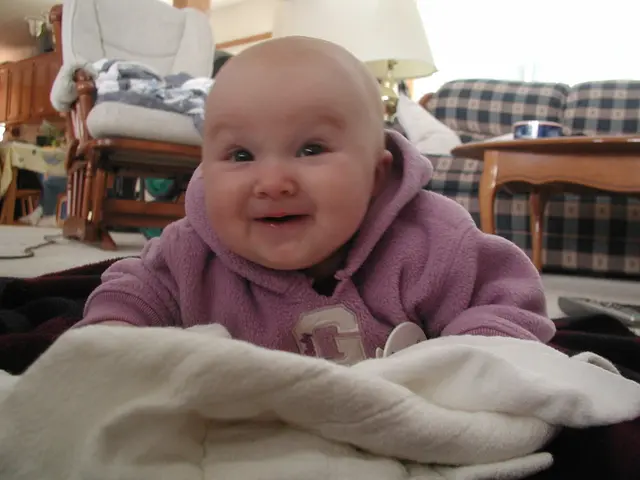Losing a Mother: Unique Challenges for Young Adults
The loss of a mother is a profound and deeply personal experience, regardless of age. A recent study reveals that young adults may face depression and a compromised sense of self following such a loss. Grief, a natural response, can manifest in various ways, including intense emotions and even physical health issues.
Research shows that grief can lead to serious health problems like cancer, cardiac issues, and immune disorders. It can also affect mental health, with women often experiencing more intense grief and difficulty adjusting. A 2021 study found that parental loss is linked to depression in young adults, with daughters potentially facing more negative effects than sons.
Grief is a complex process that can occur in stages, with immediate symptoms such as regret, remorse, anxiety, guilt, emptiness, rage, anger, sadness, and numbness. The loss of a mother can mean more than clinical symptoms; it can feel like losing an important part of one's support system. Factors like the quality of the parent-child attachment, supportive relationships, family dynamics, and individual resilience can influence how daughters and sons react to this loss. Some may exhibit externalizing behaviors like withdrawal or acting out.
Losing a mother is a traumatic experience that can have lasting effects on mental and physical health. While grief is a natural response, it's important to seek support and understand that everyone's experience is unique. Further research is needed to better understand and address the specific challenges faced by those who lose their mothers, particularly daughters.
Read also:
- Marijuana Legalization Renews Debate on Breastfeeding Risks
- Recommendations propose stricter controls on MMRV immunizations, as suggested by Kennedy's advisory group
- Mourning a Mother's Death: Strategies for Daughters to Find Comfort
- Distinguishing between a cold and allergies is crucial for providing relief to your children's respiratory issues








